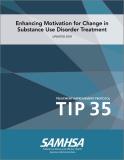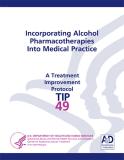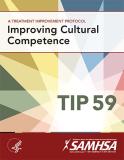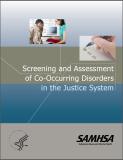This updated TIP is designed to help providers and others better understand how to identify, manage, and prevent substance misuse in older adults. The TIP describes the unique ways in which the signs and symptoms of substance use disorder (SUD) manifest in older adults; drug and alcohol use disorder screening tools, assessments, and treatments specifically tailored for older clients' needs; the interaction between SUDs and cognitive impairment; and strategies to help providers improve their older clients' social functioning and overall wellness.
Units per Product
Download
TIP 26: Treating Substance Use Disorder in Older Adults
File Type: PDF
File Size: 10.07 MB







